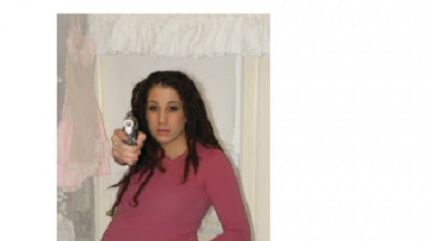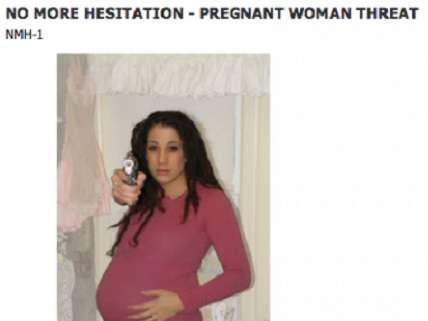Houston Grand Jurors Subjected to Shooting Simulator to Prepare for Police Shooting Cases


Grand juries in Harris County, Texas, have dismissed 288 police shootings in a row since 2004, leading to heightened criticism over a shooting simulator used to prime them over the last decade. The Associated Press (AP) explains:
The armed carjacker projected on a large screen threatens to kill you if you don't give up your keys. Holding a modified gun that emits a beam, you pull the trigger when he draws his weapon, and seconds later fire again at another person who jumps in front with something in his hand.
The second person turns out to be a bystander holding a cellphone.
This interactive way of illustrating the use of deadly force is part of unusual training that Houston-area grand jurors can receive before they begin hearing cases, including those involving police officers.
The Harris County district attorney's office in Houston calls the shooting simulator—which experts believe is only being used in Texas—an educational tool that helps grand jurors better understand what someone sees when confronted by a threat.
The AP quotes a retired federal agent who sat on a Harris County grand jury in 2008. He condemned the simulation from pushing grand jurors into one camp over another. Prosecutors dismiss that criticism, saying that the simulator actually helps grand juries be objective. Claims of self-defense, prosecutors argue, require grand juries to see the circumstances from the point of view of the person using deadly force.
Another simulator is used in San Antonio, where grand jurors can also tour the medical examiner's office and go on a police ride-along. The National District Attorneys Association told the AP it didn't know of any other places in the U.S. that used such a simulator.
Despite Harris County grand juries' streak of dismissing police shootings, the simulator may not have much of an effect. The AP reports a comment from a Houston law professor who points out grand juries "usually" give cops the benefit of the doubt.
Such deference isn't limited to juries of the grand kind. Earlier this year in Pittsburgh, a jury couldn't decide that excessive force was used in a police encounter that landed a law-abiding teenager in the hospital even when it ruled the actual arrest was false. In Philadelphia a jury in a civil lawsuit ruled the rapper Meek Mill had no constitutional claim in a 10-hour traffic stop that produced no drugs, even as it read a note faulting both sides for a situation that caused Mill to miss an airplane for work.


Show Comments (29)